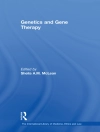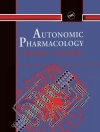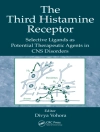Obesity is a disease of society and economic transition spreading at an epidemic pace throughout the world. According to the World Health Organization, obesity is defined as an increased or abnormal accumulation of body fat mass to the extent that individual’s health will be negatively affected. Overweight is thus being considered as top at risk condition in the world and it is mandatory to identify the physiopathological causes involved in adipose tissue enlargement and related metabolic and cardiovascular health disorders.This volume provides the most up to date insights into the biology of a complex endocrine organ: the adipose tissue.
Table of Content
Pathological Alteration of Human Adipose Tissue in Obesity.- Dynamics of Human Adipose Tissue. Regulatory Mechanisms and Consequences for Fat Cells and the Whole Body.- Metabolism of Fatty Acids in Adipocytes.- The Role of Hypoxia in Adipocyte Function and Dysfunction.- Brown Adipose Tissue In Humans: A New Target for Anti-Obesity Therapy.- Adipose Tissue Dysfunction: A Multistep Process.- Fat Cell Progenitors: Origins and Plasticity.- Transcriptional Regulation of Brown and White Adipogenesis.- Transcriptional Control of Gene Expression in Different Adipose Tissue Depots.- Epigenetic Approaches to Adipose Biology.- Metabolic and Angiogenic Consequences of the Presence or Absence of UCP1.- Metabolic Responses to Weight Perturbation.- Understanding Causal Relationships in the Metabolic Syndrome: Recent Insights from Extreme Human Phenotypes.












